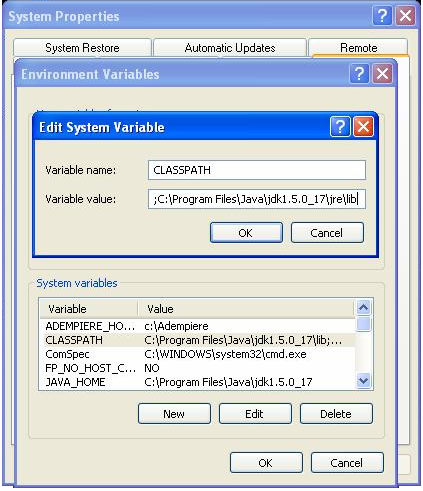Getting Started with Selenium - TeamLeap/leapapp GitHub Wiki
WebDriver is a tool for automating testing web applications, and in particular to verify that they work as expected. It aims to provide a friendly API that's easy to explore and understand, which will help make your tests easier to read and maintain. It's not tied to any particular test framework, so it can be used equally well with JUnit, TestNG or from a plain old "main" method. This "Getting Started" guide introduces you to WebDriver's Java API and helps get you started becoming familiar with it.
Requirements
- Selenium Downloads. A safe choice is the latest version of selenium-server-standalone-x.y.z.jar x, y and z will be digits e.g. 2.4.0 at the time of writing. From now on, we'll refer to this directory as $WEBDRIVER_HOME.
- Now, open your IDE (Eclipse for Java Developers)
- Start a new Java project in your IDE
- Add all the JAR files under $WEBDRIVER_HOME to the CLASSPATH
You can see that WebDriver acts just as a normal Java library does: it's entirely self-contained, and you don't need to remember to start any additional processes or run any installers before using it.
You're now ready to write some code. An easy way to get started is this example, which searches for the term "Cheese" on Google and then outputs the result page's title to the console. You'll start by using the HtmlUnitDriver. This is a pure Java driver that runs entirely in-memory. Because of this, you won't see a new browser window open.
package org.openqa.selenium.example;
import org.openqa.selenium.By;
import org.openqa.selenium.WebDriver;
import org.openqa.selenium.WebElement;
import org.openqa.selenium.htmlunit.HtmlUnitDriver;
public class Example {
public static void main(String[] args) {
// Create a new instance of the html unit driver
// Notice that the remainder of the code relies on the interface,
// not the implementation.
WebDriver driver = new HtmlUnitDriver();
// And now use this to visit Google
driver.get("http://www.google.com");
// Find the text input element by its name
WebElement element = driver.findElement(By.name("q"));
// Enter something to search for
element.sendKeys("Cheese!");
// Now submit the form. WebDriver will find the form for us from the element
element.submit();
// Check the title of the page
System.out.println("Page title is: " + driver.getTitle());
driver.quit();
}
}
Sample projects that you can use as a reference
Please download them from here.
